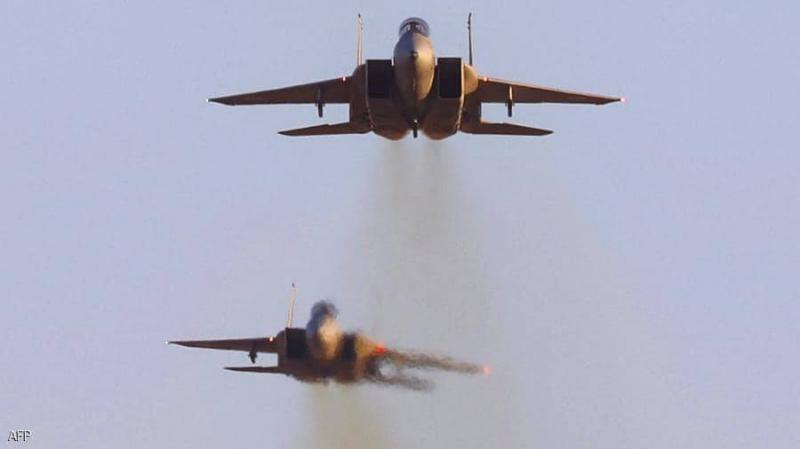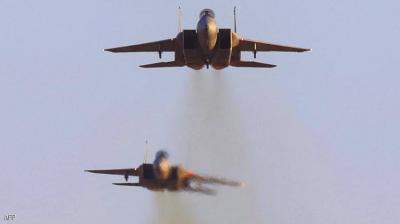Media reports indicate that the Israeli military has resumed training for a potential attack on Iranian nuclear facilities, at a time when the United Nations has confirmed that the upcoming weeks are critical for the resumption of nuclear negotiations between Tehran and Washington, amid increasing warnings about Iran approaching weapons of mass destruction.
Channel 12 of Israeli television reported that Chief of Staff General Aviv Kochavi has ordered a budget allocation for exercises simulating an attack on Iran, after a two-year pause. Additionally, it stated that Kochavi has instructed the Israeli Air Force to intensively train for a strike targeting Iran's nuclear facilities. According to the report, the orders were given during a meeting held by Kochavi in his office in recent days.
The media report did not specify any particular source, nor was there any comment from the Israeli army. Earlier, Israeli media mentioned that the Israeli government plans to allocate $1.5 billion for a potential attack on Iran. Israeli Defense Minister Benny Gantz defended the increase in the military budget, asserting that the funds allocated to the army are essential for preparing for a possible strike on Iranian nuclear sites.
Meanwhile, Israeli Finance Minister Avigdor Lieberman stated that a confrontation with Iran is only a matter of time, expressing belief that diplomacy would not stop Iran's nuclear program. In August, General Kochavi mentioned that the army is preparing "operational plans" for a military strike against Tehran, especially as progress in the Iranian nuclear program accelerates.
### Critical Weeks Ahead
In a related context regarding the nuclear program, Rafael Grossi, the head of the International Atomic Energy Agency, confirmed that the next few weeks will be "decisive" in determining whether the United States and Iran can return to indirect negotiations for the nuclear agreement signed in 2015.
Grossi stated in an interview with the American newspaper "Washington Post" that all other parties involved in the agreement—namely the United States, Britain, France, Germany, Russia, China, and the European Union, which plays a coordinating role—have indicated to him that if the monitoring system is not fully restored, "it will be very difficult to reach such an agreement."
Many had anticipated the revival of the nuclear agreement when President Joe Biden took office in the United States last January, especially as Biden emphasized his desire to return to the agreement. However, that has not occurred in recent months, particularly as Iran moves closer to acquiring nuclear weapons, with estimates suggesting that the time separating Tehran from weapons of mass destruction does not exceed months.
The Biden administration has begun to suggest that the opportunity to revive the nuclear agreement is dwindling. U.S. Secretary of State Antony Blinken stated that if Iran does not change its course, the United States is prepared "to pursue other options."




